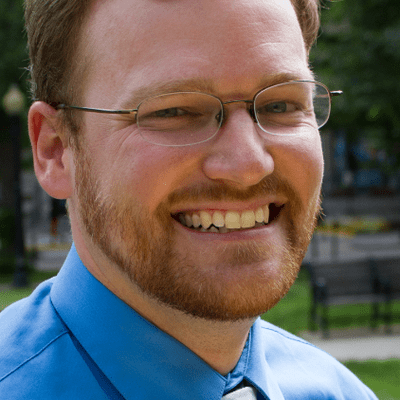Introduction
The pharmaceutical drug lobby is among the donors to a secretive nonprofit group that is backing the presidential bid of Louisiana Republican Gov. Bobby Jindal, according to a new tax filing obtained by the Center for Public Integrity.
The Pharmaceutical Research and Manufacturers of America, also known as PhRMA, donated $50,000 last year to America Next, a think tank formed by Jindal and his allies in the fall of 2013 and used to support his 2016 presidential bid.
Such nonprofit groups that support a single political candidate are becoming increasingly prominent in elections since the 2010 U.S. Supreme Court’s Citizens United v. Federal Election Commission decision — doing everything from helping develop policy to sponsoring advertising blitzes. Unlike candidates’ own campaign committees, political parties or super PACs, they are generally not required to publicly reveal their donors.
Tax filings offer a rare glimpse of the money flowing into these groups because the donor groups must disclose the grants they make.
Sid Wolfe, senior adviser at the consumer group Public Citizen’s health research project, said PhRMA likely made the contribution to the pro-Jindal America Next nonprofit because they “think they are going to get their money’s worth.”
“You don’t give away money because you don’t think it’s going to have any influence,” he continued.
Neither representatives of PhRMA nor America Next immediately responded to requests for comment.
For its part, America Next — which is organized as a “social welfare” nonprofit under sec. 501(c)(4) of the tax code — raised $2.4 million during its first year of existence.
The group was used to develop policy proposals regarding education, defense, energy and health care issues. Jindal is now promoting those same proposals on the website of his official presidential campaign.
A former Rhodes Scholar and two-term congressman, Jindal has long been a health policy wonk. He once served as the secretary of Louisiana’s Department of Health and Hospitals and was a top adviser at the U.S. Department of Health and Human Services during the George W. Bush administration.
Jindal’s health plan would entirely repeal President Barack Obama’s signature health care reform law and grant more powers to the states to implement their own policies.
Before Jindal officially announced his presidential bid in June, America Next paid for him to travel extensively to promote his policy plans.
Then, in July, America Next, launched an advertising campaign touting Jindal. The TV ads cost more than $340,000 according to filings with the Federal Election Commission.
America Next has been one of three pro-Jindal groups to take to the airwaves on his behalf, according to data from advertising tracking firm Kantar Media/CMAG, which monitors broadcast and national cable ad buys.
Jindal’s own campaign — which has struggled to catch fire in the GOP presidential race — has only raised about $3.7 million and has not yet aired any of its own TV ads.
Government watchdogs say nonprofit groups like America Next can serve as a way to help keep struggling candidates afloat — all the while offering special interests another way to curry favor with them.
“This is one way for them to gain access and continue building a relationship with a politician,” said Richard Skinner, a policy analyst at the Sunlight Foundation.
“This shows why disclosure is so important,” Skinner continued. “There’s a lot of stuff going on that we don’t know anything about.”
This story was co-published with TIME and Al Jazeera America.
Read more in Money and Democracy
Money and Democracy
Secret donors fuel Democratic political powerhouse
Patriot Majority USA raised $30 million in ‘dark money’ last year
Money and Democracy
Congressman-auto dealer accused of conflict of interest
Rep. Williams’ amendment allows dealerships to rent cars with safety recalls

Join the conversation
Show Comments